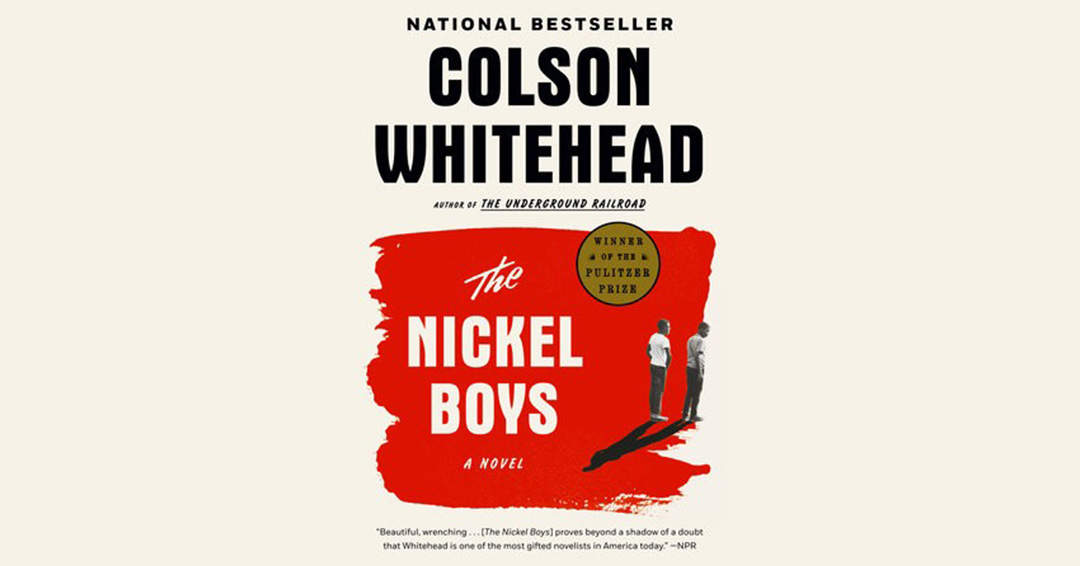
Sep
KIU Teaching Hospital Strengthens Partnership With Kitagata General Hospital
September 5, 2024, 9:40 am
 Administrator
Administrator

By Rogers Wanambwa�
American author Colson Whitehead won his second fiction Pulitzer for The Nickel Boys, a riveting and exceptional story that pulls the reader into the 1960's world of racism and the usually untold horrors that were inflicted upon black men and women in America.�
The book's opening is a scene of an ongoing investigation into the deaths of some young boys (the Nickel Boys) and is a premonition of the entirety of the 161-page novel, as he throws a chilling "even in death, the boys were trouble," opening line.
The book is based on an actual boys' school and the horrific treatment they received, the Dozier School for Boys, a now-closed juvenile reform school in the Florida Panhandle, where former students have told stories of beatings and sexual abuse and investigators have found dozens of unmarked graves.
c��?She kept a sugarcane machete under her pillow for intruders, and it was difficult for Elwood to think that the old woman was afraid of anything. But fear was her fuel,c⬝ says Elwood Curtis, the protagonist of the novel, on his grandmother and their insecurity.�
In the novel, Whitehead also hints on different types of violence and abuse amongst people, like domestic violence, child defilement and rape, beatings amongst other things and how many people turn the other way even after knowing about such.�
He is also critical on the justice system that claims to be spread thin and delays to do its job of following up on reported issues especially if they are from poor societies.�
However, the book also points to a different story. A story of perseverance and zeal. Of never letting anything boggle you down and of always and always having your light burn inside you.�
It tells of the strong hearts of black men that have endured, and still endure a lot, but never give up - a lesson that perhaps is very crucial in this quarantine period and the oncoming aftermath thereof.�
Kampala International University,
Box 20000, Ggaba Road, Kansanga, Kampala
+256-760 502660
+256-700 100808